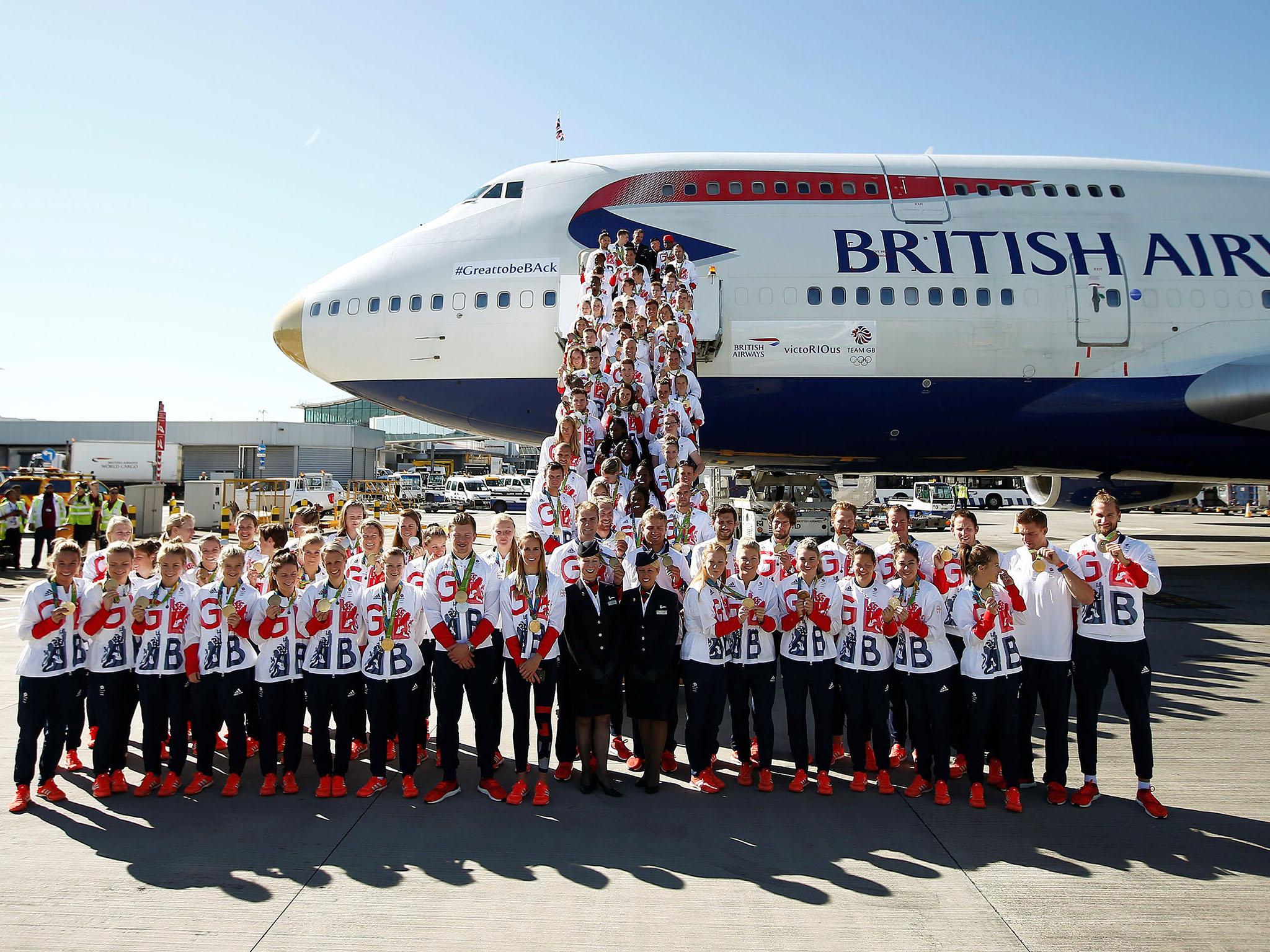Half of elite British sportspeople have teeth so rotten it affects their performances, research finds
Poor levels of oral hygiene also negatively impact self-confidence and ability to eat

Your support helps us to tell the story
From reproductive rights to climate change to Big Tech, The Independent is on the ground when the story is developing. Whether it's investigating the financials of Elon Musk's pro-Trump PAC or producing our latest documentary, 'The A Word', which shines a light on the American women fighting for reproductive rights, we know how important it is to parse out the facts from the messaging.
At such a critical moment in US history, we need reporters on the ground. Your donation allows us to keep sending journalists to speak to both sides of the story.
The Independent is trusted by Americans across the entire political spectrum. And unlike many other quality news outlets, we choose not to lock Americans out of our reporting and analysis with paywalls. We believe quality journalism should be available to everyone, paid for by those who can afford it.
Your support makes all the difference.Half elite British sportspeople suffer tooth decay and two-thirds have gum disease, impacting on-field performance, new research claims.
In the largest ever study of its kind, more than 350 sportsmen and women from nine GB Olympic teams, along with Team Sky, England Rugby and Reading FC, underwent oral health screening.
Nearly half (49.1 per cent) were found to have untreated tooth decay, 77 per cent had gingivitis, an early indicator of gum disease, and 39 per cent self-reported having bleeding gums while cleaning their teeth, a sign of gum inflammation.
Only 1.1 per cent of the participants had “excellent” periodontal health, according to the research, which is to be published in Community Dentistry and Oral Epidemiology.
A third (32 per cent) reported that these conditions had affected their sporting performance, along with their ability to eat (34.6 per cent), relax and sleep (15.1 per cent) and smiling and self-confidence (17.2 per cent).
Lead author Professor Ian Needleman from the UCL Eastman Dental Institute said: “This is the most methodologically robust study to ever evaluate oral health and associated performance impacts in elite athletes. Every sport examined revealed significant levels of oral ill-health with the overall risk of tooth decay being higher for an elite athlete than the general population.*
“The odds of having tooth decay were also 2.4 times greater in team sport than endurance sport.
“We recommend regular screening and new intervention strategies to reduce the incidence of oral disease and the knock-on effect on performance.”
The study found 97 per cent of the participants said they brushed their teeth twice a day, which is higher than the general population.
Commenting on the possible causes for athletes’ higher risk of oral disease, Prof Needleman said: “Nutrition in sports is heavily reliant on frequent carbohydrate intakes, which are known to increase inflammation in the body and gum tissues.
“In sports where there is a lot of airflow, such as cycling and running, breathing hard can make the mouth dry so teeth lose the protective benefits of saliva and there is existing evidence of lower quality of saliva with intensive training.
“Stress is also clearly a risk factor, with some athletes reporting vomiting before every race, as a result of pre-competition anxiety.”
Join our commenting forum
Join thought-provoking conversations, follow other Independent readers and see their replies
Comments